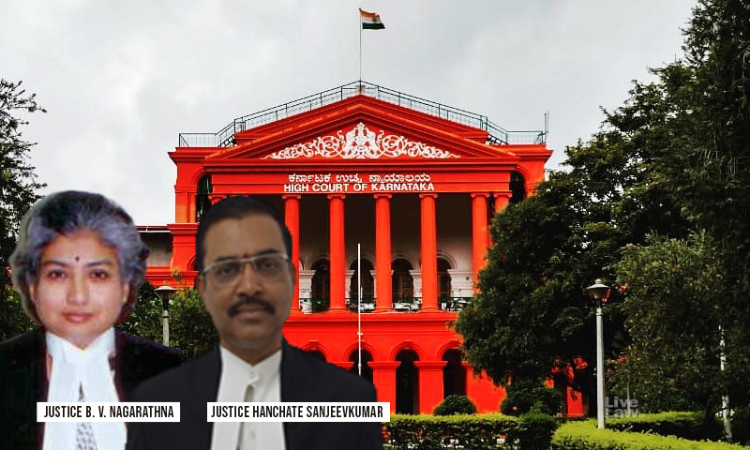'There May Be Illegitimate Parents But No Illegitimate Children': Karnataka High Court Strikes Down Condition Denying Compassionate Appointment To Children In Second Marriage
Mustafa Plumber
15 July 2021 9:43 PM IST

Next Story
15 July 2021 9:43 PM IST
